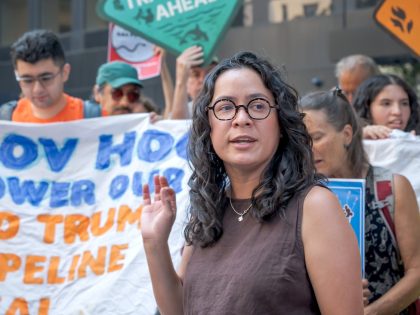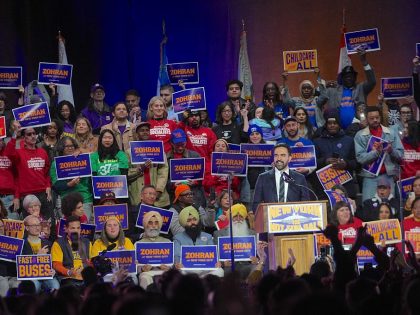
Claire Valdez Is a Socialist and Union Organizer Running for Congress
Socialist state assembly member and former UAW organizer Claire Valdez is running for Congress in New York’s 7th district. We spoke to her about the race, the right and wrong ways to fight Donald Trump, and how the labor movement changed her life.


















